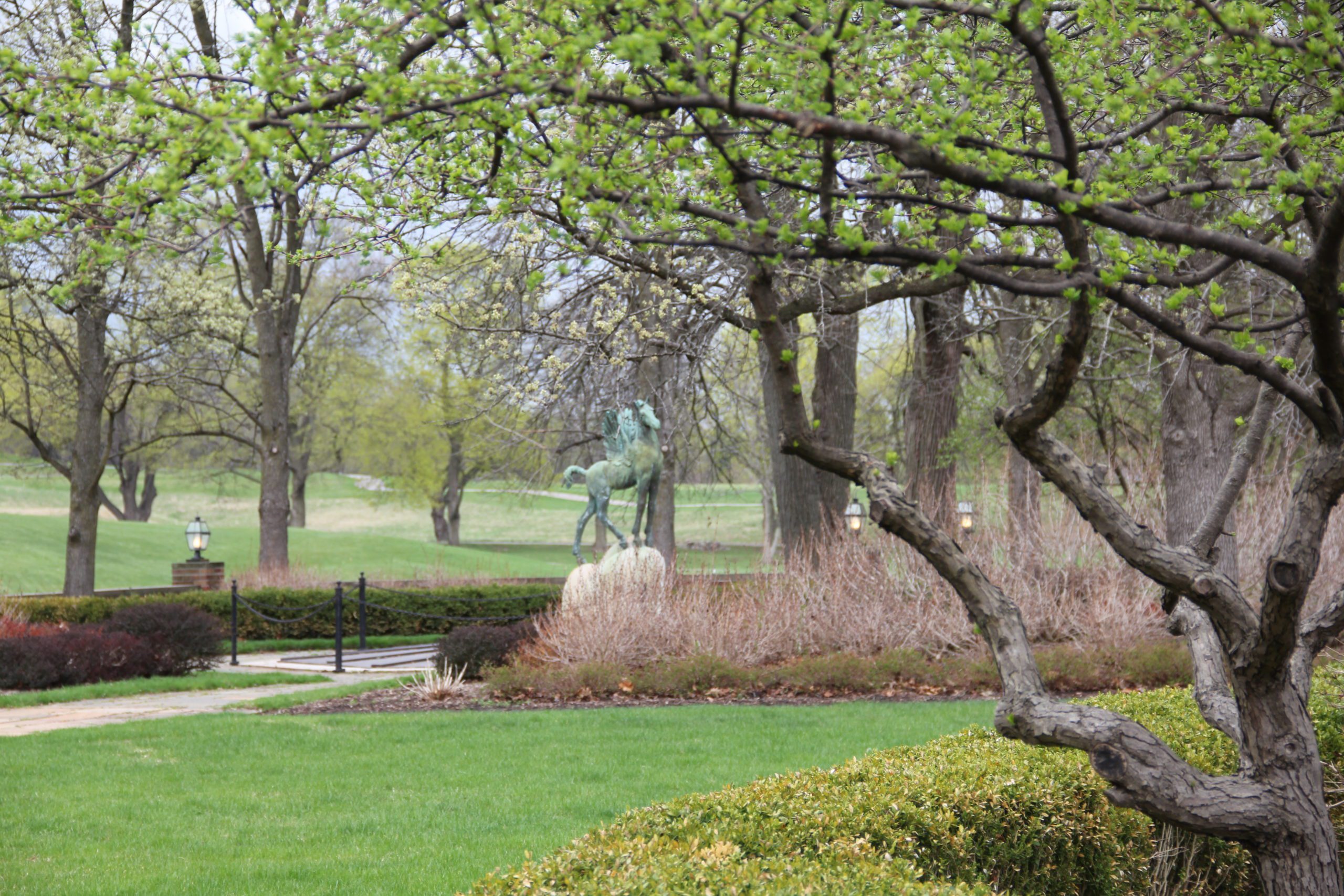Together, Oakland University faculty, students and administrators collaborated to draft the Land Acknowledgement Statement. Among the many reasons for adopting the statement is the need for Oakland University to demonstrate a public show of respect to Native peoples who have been historically marginalized from American institutions, politics and academic curriculums.
We are also here to honor our Native American ancestors whose ways of knowing demonstrated reverence and respect for the land on which Oakland University and Meadow Brook Hall now stands. We pledge to elevate our ways of knowing to better reflect the sustainable practices and peaceful coexistence that has allowed our beloved university to thrive.
The formal and public acknowledgement is an explicit gesture intended to cultivate a mutually beneficial dialogue, which is an essential feature in building an inclusive campus community.
The statement reflects the values at the heart of OU’s continual engagement to shape a more knowledgeable, diverse and fair society.
Oakland University and Meadow Brook Hall
Land Acknowledgement Statement
Oakland University resides on the ancestral, traditional, and contemporary lands of the Anishinaabe, known as the Three Fires Confederacy, comprised of the Ojibwe, Odawa, and Potawatomi. The land was ceded in the 1807 Treaty of Detroit and makes up southeast Michigan.
In recognizing the history and respecting the sovereignty of Michigan’s Indian Nations, Oakland University honors the heritage of Indigenous communities and their significant role in shaping the course of this region. Further, we recognize the wrongs done to those forcibly removed from their Homelands and commit to fostering an environment of inclusion that is responsive to the needs of First Peoples through our words, policies, and actions.
The preservation and perpetuation of customs and traditions of Indigenous nations are essential to our shared cultural heritage. A deep understanding of Native peoples’ past and present informs the teaching, research, and community engagement of the university in its ongoing effort to elevate the dignity of all people and serve as shared stewards of the land.


